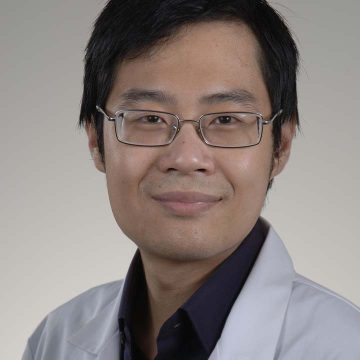Beng San Yeoh, PhD

American Liver Foundation Liver Scholar Research Award
$225,000 over three years
The University of Toledo Health Science Campus
Interplay between Diet and Gut Microbiota in Portosystemic shunt-associated MASH-HCC
Mentor: Matam Vijay-Kumar, PhD
Liver cancer is a leading cause of cancer-related deaths worldwide. Thus, it is important to understand the factors driving this disease. We have found that portosystemic shunt (PSS; an abnormal blood vessel in the liver) is a novel risk factor for liver cancer in mice. This is alarming because PSS is frequently observed in humans with liver disease, but it is still not clear if PSS causes cancer in humans. Nevertheless, we knew that mice with PSS had fatty liver to begin with, but developed liver injury when fed on ultra-processed foods; prolonged feeding on such foods resulted in liver cancer. Herein, we ask two major questions: (i) WHAT food components are driving PSS-associated liver cancer? and (ii) HOW can we treat such disease? In Aim 1, we will investigate the role dietary protein and ammonia (i.e., byproduct of protein degradation by gut bacteria) and whether targeting them can alleviate disease in PSS mice. In Aim 2, we will test whether injury-to-cancer progression involves mitochondrial dysfunction. In Aim 3, we will target dietary fat in regard to how it synergizes with protein to drive liver cancer pathogenesis. Taken together, these Aims are put forth to uncover the mechanism(s) by which PSS can be linked to liver cancer using mouse as a research model.
Last updated on January 24th, 2024 at 11:48 am